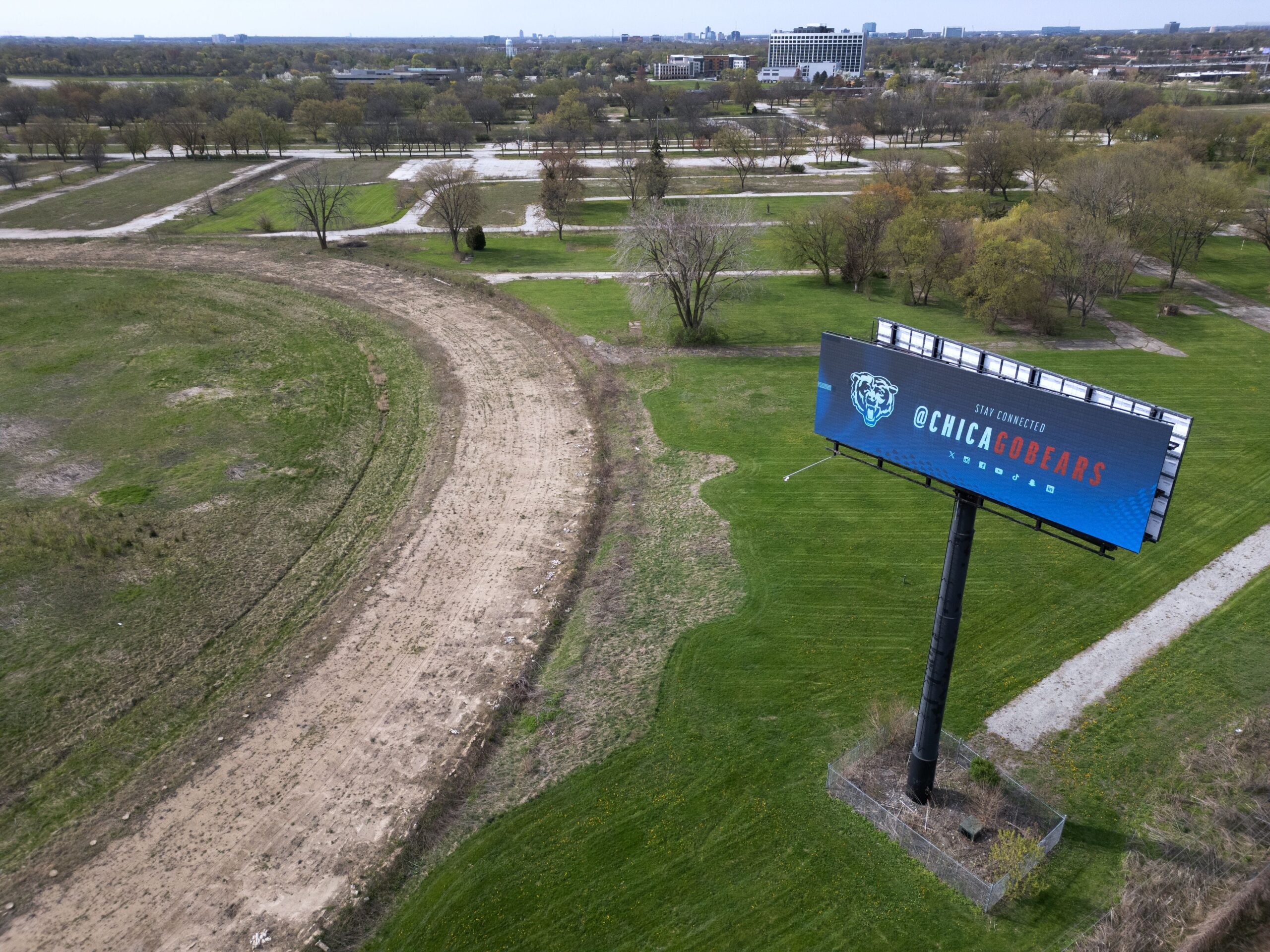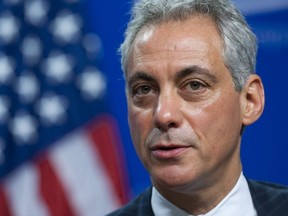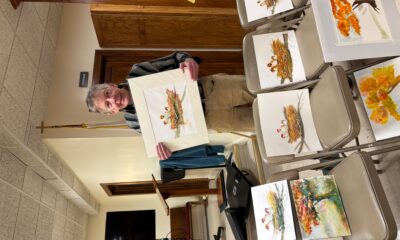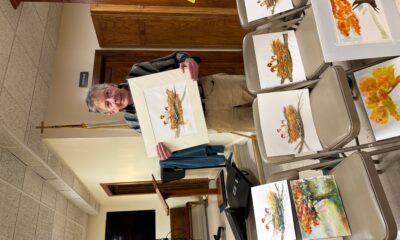Top Stories
Illinois Lawmakers Debate Major Tax Breaks for Bears’ Move NOW

UPDATE: Illinois lawmakers are set to confront a crucial decision regarding property tax incentives for the Chicago Bears as they prepare for a potential move to the suburbs. With the fall veto session beginning today, November 7, 2023, the question arises: will taxpayers support tax breaks for a billion-dollar NFL franchise?
The proposal, led by Democratic state Representative Mary Beth Canty from Arlington Heights, seeks to provide significant property tax incentives for “mega projects” like the Bears’ relocation. These incentives could include assessment freezes and negotiated tax bills, lasting up to 40 years for developments investing $500 million within a decade. While Canty insists the bill is not directly aimed at the Bears, team officials have expressed interest in similar packages alongside $855 million in public infrastructure funding, according to the Daily Herald.
Critics, however, question whether the Bears, valued at $9 billion, truly need such breaks. Republican State Rep. Steve Reick argues that any tax relief for the Bears amounts to a “de facto subsidy,” warning that local taxpayers will ultimately bear the cost. He stated, “Why should the Bears be getting any exemptions when you know those costs are going to be passed on to the local taxpayers?”
Despite concerns, some lawmakers remain supportive. Republican State Sen. Don DeWitte believes the project could transform the suburbs economically, stating, “I think they deserve to know what their taxes are going to be.” Similarly, State Sen. Dave Syverson voiced that the collaboration between the Bears and the state could lead to thousands of construction jobs and position Illinois to host major events like the Super Bowl.
Yet, skepticism persists across party lines. Democratic State Rep. Anne Stava remarked that granting tax breaks to wealthy developers is “tone deaf,” especially as property taxes burden many families. “If local governments want to give tax breaks, they should bear the cost, not shift it to others,” she added.
The proposed legislation also aims to empower local taxing bodies, such as school and park districts, by granting them weighted votes on a review board that could negotiate payments from developers. Canty argues this approach ensures that all stakeholders have a “real and meaningful seat” at the table.
Nonetheless, Republican State Rep. Jed Davis voiced his opposition, stating, “Illinois doesn’t have a revenue problem – it has a spending and fairness problem.” He emphasized that tax breaks should not favor one corporation over another and called for broader tax incentives for all.
As discussions proceed, lawmakers express a mix of support and caution. Democratic State Rep. Stephanie Kifowit supports the initiative as a means to create jobs, while State Sen. Rachel Ventura firmly opposes any proposals that burden taxpayers. “My goal is to shrink the wealth gap,” she stated, underscoring the need for equitable solutions.
Today’s session is critical, as it will determine the fate of these tax proposals. Local officials await clarity on how these decisions might affect their communities and the future of the Bears in Arlington Heights.
In the coming days, all eyes will be on Springfield as lawmakers hash out the implications of this mega project for local taxpayers, the economy, and the enduring legacy of the Chicago Bears. Stay tuned for updates on this developing story.
-

 Politics4 weeks ago
Politics4 weeks agoSecwepemc First Nation Seeks Aboriginal Title Over Kamloops Area
-

 World5 months ago
World5 months agoScientists Unearth Ancient Antarctic Ice to Unlock Climate Secrets
-

 Entertainment5 months ago
Entertainment5 months agoTrump and McCormick to Announce $70 Billion Energy Investments
-

 Science5 months ago
Science5 months agoFour Astronauts Return to Earth After International Space Station Mission
-

 Lifestyle5 months ago
Lifestyle5 months agoTransLink Launches Food Truck Program to Boost Revenue in Vancouver
-

 Technology3 months ago
Technology3 months agoApple Notes Enhances Functionality with Markdown Support in macOS 26
-

 Lifestyle3 months ago
Lifestyle3 months agoManitoba’s Burger Champion Shines Again Amid Dining Innovations
-

 Top Stories2 months ago
Top Stories2 months agoUrgent Update: Fatal Crash on Highway 99 Claims Life of Pitt Meadows Man
-

 Politics4 months ago
Politics4 months agoUkrainian Tennis Star Elina Svitolina Faces Death Threats Online
-

 Sports5 months ago
Sports5 months agoSearch Underway for Missing Hunter Amid Hokkaido Bear Emergency
-

 Politics5 months ago
Politics5 months agoCarney Engages First Nations Leaders at Development Law Summit
-

 Technology5 months ago
Technology5 months agoFrosthaven Launches Early Access on July 31, 2025





















